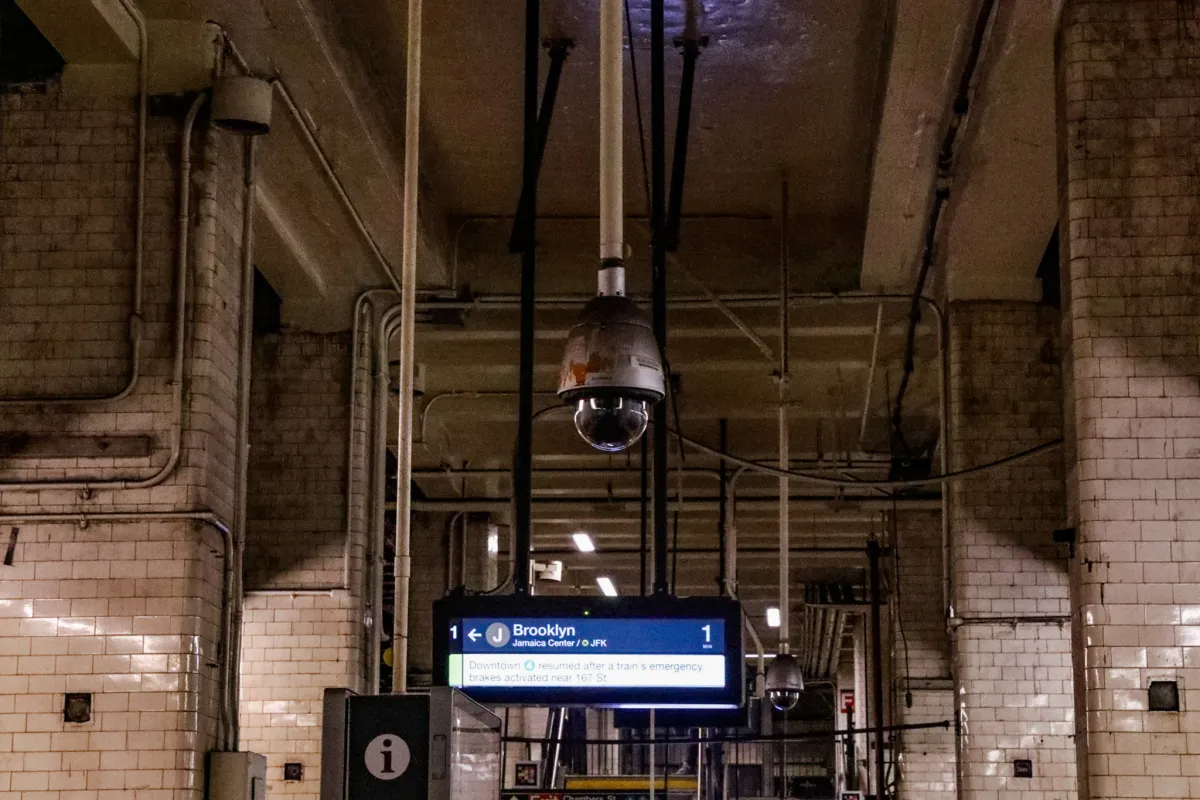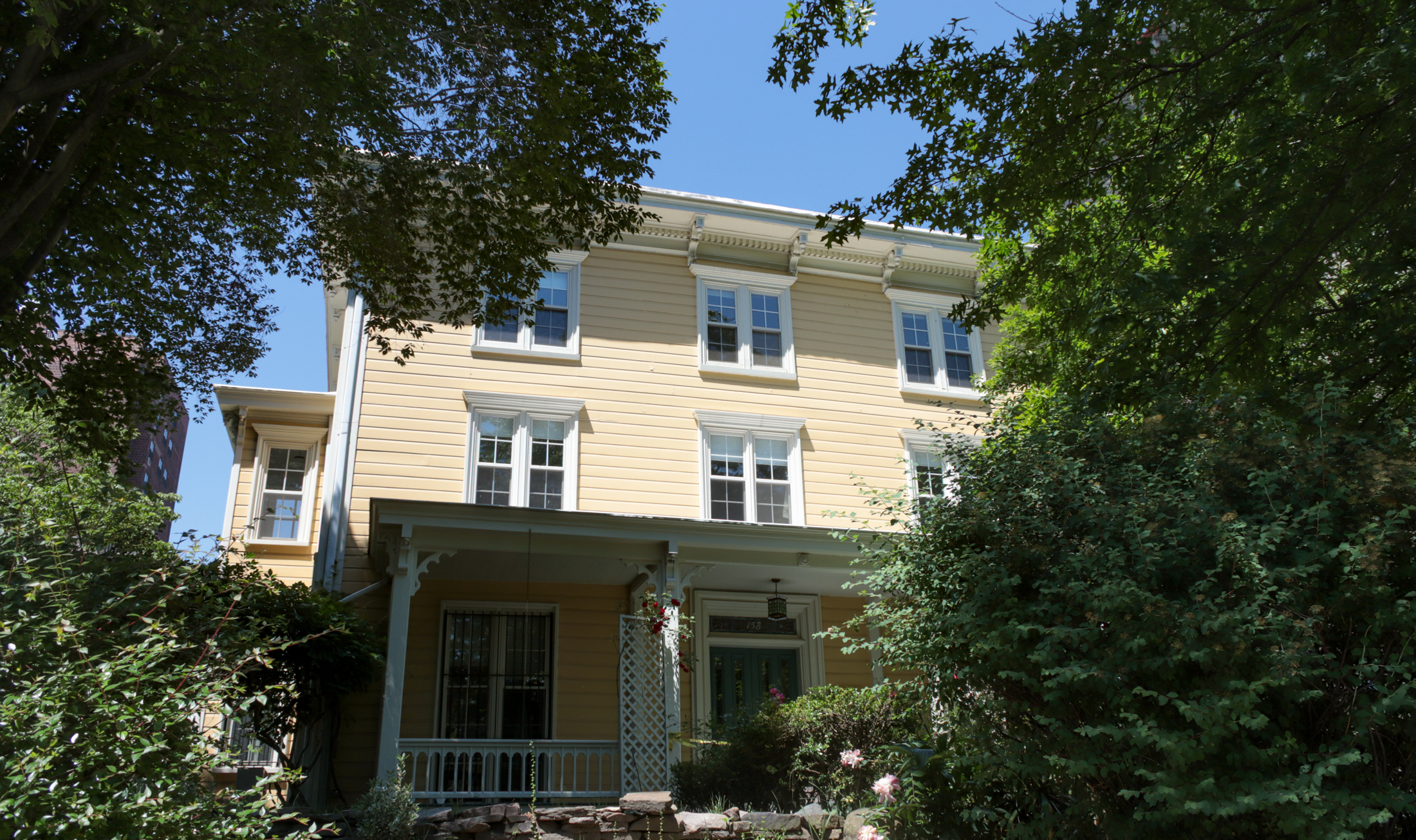'What's Wrong With Gentrification?' Asks New York Mag
This week New York Magazine takes a view on gentrification that is, if not contrarian, at least a little controversial. (The article follows a similar one in the semi-annual magazine n+1). As will come as no surprise to most readers, gentrification these days is treated as something of a dirty word. Why’s that? Mostly because…

 This week New York Magazine takes a view on gentrification that is, if not contrarian, at least a little controversial. (The article follows a similar one in the semi-annual magazine n+1). As will come as no surprise to most readers, gentrification these days is treated as something of a dirty word. Why’s that? Mostly because it conjures up associations of, as n+1 wrote, “the forced displacement of the urban working class by mobile, college-educated professionals.” This may be more myth that fact though: In his recent book There Goes the ‘Hood, Columbia urban planning prof Lance Freeman found that poor residents and those without a college education were actually less likely to move if they resided in gentrifying neighborhoods” and that “the discourse on gentrification has tended to overlook the possibility that some of the neighborhood changes associated with gentrification might be appreciated by the prior residents. In other words, the rehabilitation of an old house or the opening of an upscale bakery isn’t necessarily a zero-sum game in which the long-time residents are lose out. Not only that, claims the New York Magazine article, but gentrification is the only hope that many urban centers have of saving themselves: “The ailing cities that save themselves in the 21st century will do so by following Brooklyn’s blueprint,” the article says in closing. “They’ll gentrify as fast as they can.”
This week New York Magazine takes a view on gentrification that is, if not contrarian, at least a little controversial. (The article follows a similar one in the semi-annual magazine n+1). As will come as no surprise to most readers, gentrification these days is treated as something of a dirty word. Why’s that? Mostly because it conjures up associations of, as n+1 wrote, “the forced displacement of the urban working class by mobile, college-educated professionals.” This may be more myth that fact though: In his recent book There Goes the ‘Hood, Columbia urban planning prof Lance Freeman found that poor residents and those without a college education were actually less likely to move if they resided in gentrifying neighborhoods” and that “the discourse on gentrification has tended to overlook the possibility that some of the neighborhood changes associated with gentrification might be appreciated by the prior residents. In other words, the rehabilitation of an old house or the opening of an upscale bakery isn’t necessarily a zero-sum game in which the long-time residents are lose out. Not only that, claims the New York Magazine article, but gentrification is the only hope that many urban centers have of saving themselves: “The ailing cities that save themselves in the 21st century will do so by following Brooklyn’s blueprint,” the article says in closing. “They’ll gentrify as fast as they can.”
What’s Wrong With Gentrification? [New York Magazine]
Photo by kathyylchan





“White flight.”
Please define “anti gentrification.”
i agree with rob as usual. let those yuppies breed in the suburbs and have them commute 2 hours each day to their shitty corporate job!
‘The loudest is from those who don’t have anything, never will, and will always feel that someone else kept them from success. It’s easy to blame “white people†or “the Manâ€, instead of yourself. Race is incidental. These types of people exist in every group of marginal and struggling people.’
This is laughably shortsighted. The implication that all those who ‘don’t have anything’ have no one but themselves to blame is just a fallacy created and sold by conservatives to justify anti-poor sentiment.
But to New York Mag’s question I pose this: What’s wrong with anti gentrification?
I feel so unwelcome everywhere I go
I can’t possible read all the posts here and try to catch up. I did read the last two.
“it’s called the UPPER EAST SIDE!”
Has the upper east side been gentrified yet?
I mean from the 50’s to the 80’s.
yeah i agree with you petebrklyn. actually i dont think ive ever even been to the UES. unless you count spanish harlem i guess
*rob*
“there’s a place for those kinds of boring wealthy dullars coming from the suburbs. it’s called the UPPER EAST SIDE!”
Rob,
The UES is the suburbs. Sterile look, sterile people.
quote:
And this old neighbor is absolutely delighted to see signs of retail life on Fulton Street on the Ft. Greene/ Clinton Hill border
until she walks into the new establishment only to be mortified to find out a loaf of bread costs 13 dollars and has to leave breadless 🙁 oh it’s happened to me before lol
*rob*